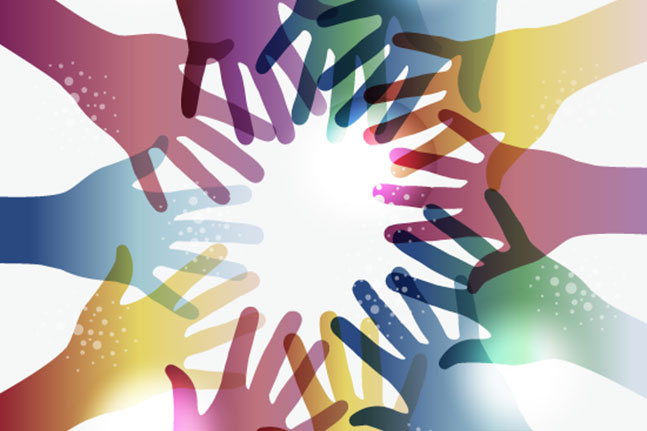What is democracy? We talk about it all the time, use the word as a banner of identity, and often claim it’s inherent superiority over other political systems. Yet I have found that few can accurately define more that the right to vote, and the underlying principles which are the foundation of democratic theory, dating back to ancient Greece, remain unpracticed. In the public service sector, it is vital to understand what we are in service OF, if not democracy itself.
Once again, I might argue that language itself tells us a story of where we go wrong in our understanding of democratic principle. Democracy is a noun. It’s a thing, outside of ourselves. And reasonably speaking, there is no comfortable verb form – democratize? That means to make democratic, but doesn’t indicate the ACT of democracy. Instead, when speaking of the action principles of democracy, we use most commonly the term ‘democratic practice’.
The Kettering Foundation, a nonprofit specializing in research about how to make democracy work, states that “Democratic practices are ways citizens can work together—even when they disagree—to address shared problems.” Furthermore, “Democracy requires responsible citizens who can make sound decisions about their future and can act on these decisions”. These statements frame a picture of engaged, involved citizens in a democratic society, working together at all levels of community to solve shared problems, and to create a shared social value which accepts dissent. Voting once a year is simply not enough to keep democracy going, but rather is just a jumping off point. Our elected officials, while ostensibly representing our interests, cannot act democratically in our communities FOR us.
The most fundamental principle of democracy can be summed up by those nine words from Lincoln’s Gettysburg Address, “of the people, by the people, for the people”. Or better still, the probable source of those words, a 1858 sermon by Theodore Parker in Boston, which states, “Democracy is direct self-government, over all the people, by all the people, for all the people”. A democratic society, or an organization serving that society, must be actively engaged and serving the common good. For ALL people. A society which does not perceive all people of deserving of good lives is a society divided, and one in which democracy cannot work. Inclusion is at the core of democratic practice, and in a place where populations are systematically left out of education, voting, and progress, no democracy truly exists.
What does all of this mean in terms of public administrators? It means that we need to take some hard looks at the organizations that serve as the gears of government. While we purport democratic ideals, most government organizations are hierarchies, fraught with power dynamics and a structure that is inherently undemocratic. Government agencies need to embrace democratic principle, and actively engage citizens in decision making, goal setting, and process. Those citizens include staff!! Agencies should be developing and practicing processes that bring people together from all levels to make sound decisions to solve shared problems. How can we expect our democracy to survive, let alone thrive, when the millions of people who serve in our local, state, and federal agencies are not engaged in democratic processes, not treated as if their voices matter, not included in decision making? We cannot, and we see everywhere around us the results of this structural failure, in the lack of innovation, in the systemic disenfranchisement of the poor, women, and people of color.
Government, and governmental agencies, must find a way to be of, by, and for the people again. Even the receptionists, techs, and mechanics are people in this democracy, and it is time we treated all citizens as equal. In conference rooms and in community halls, in video meetings and in policy briefings. In a democracy, we should ALL be in the room.

Leave a Reply